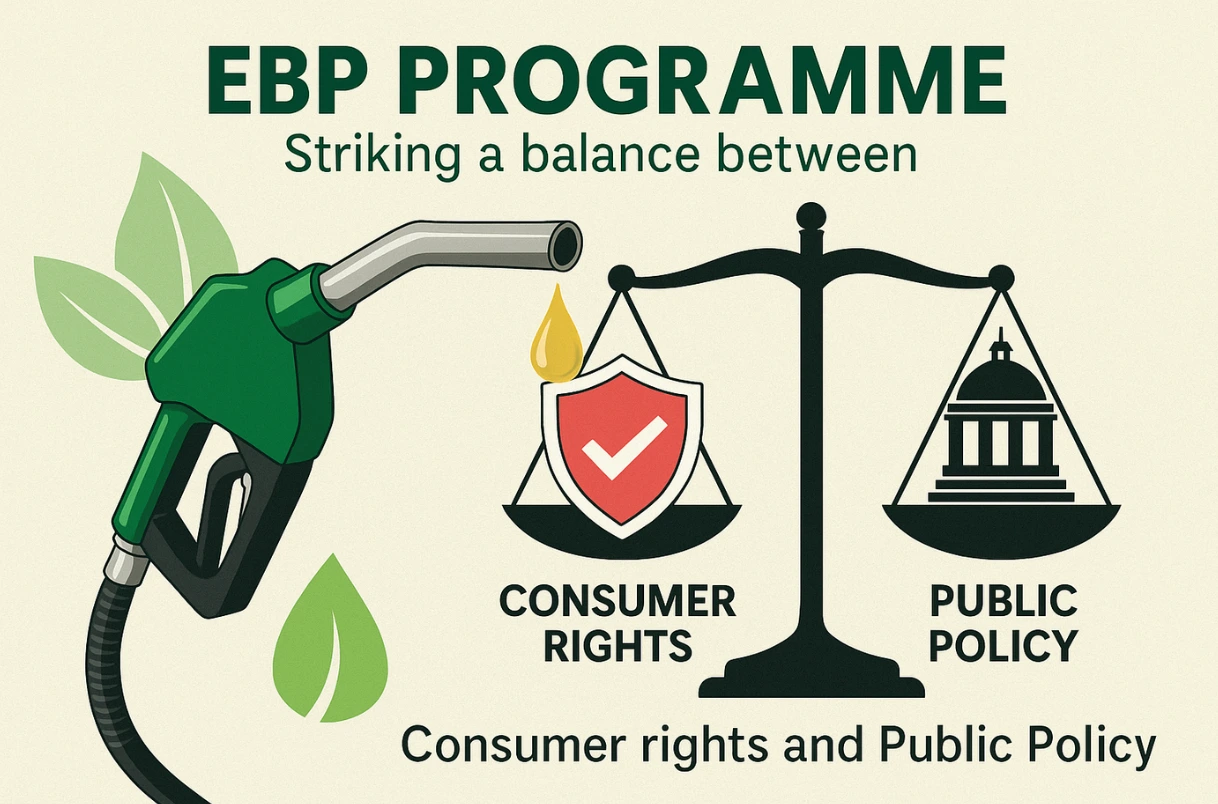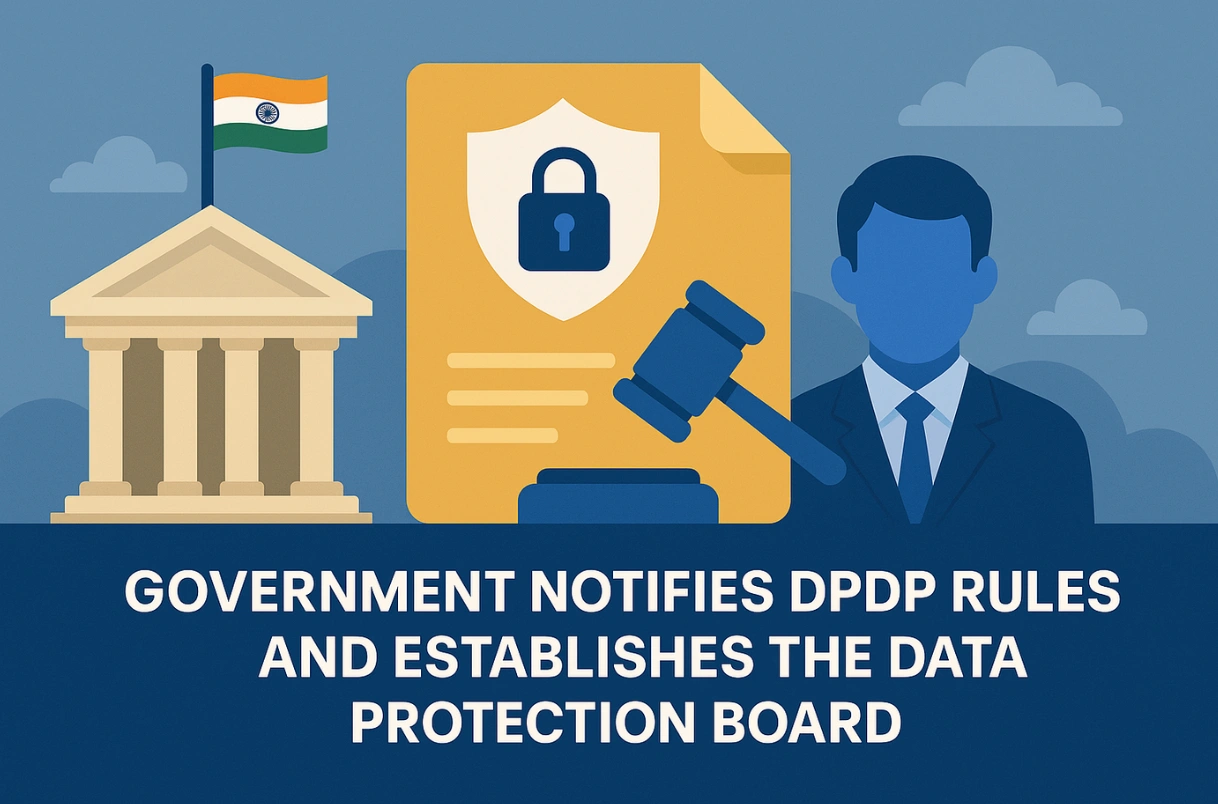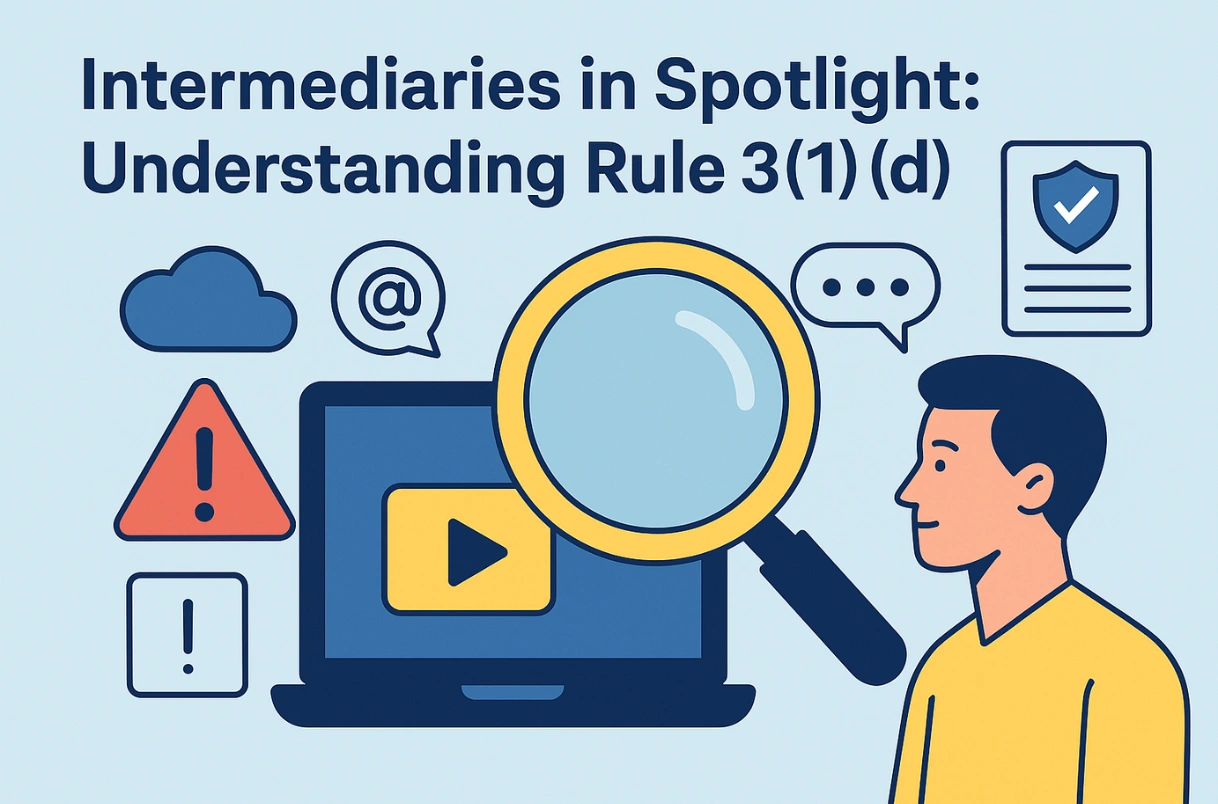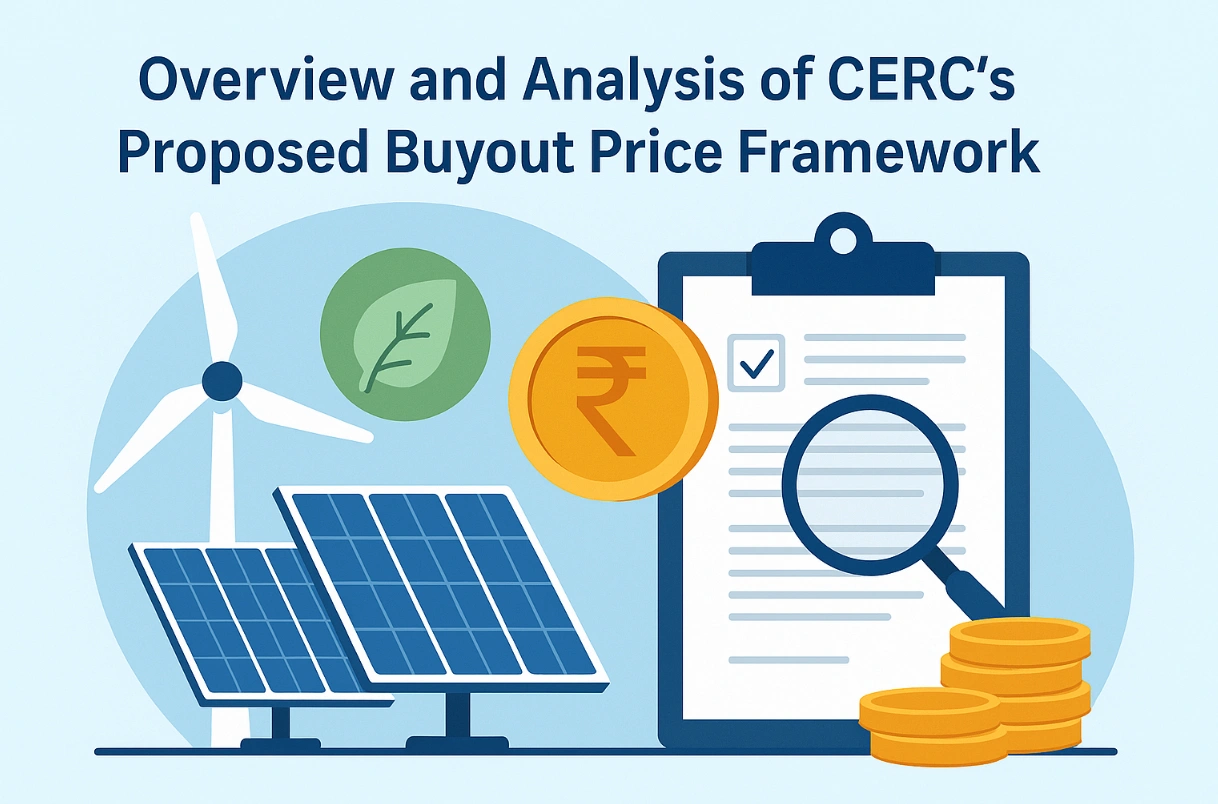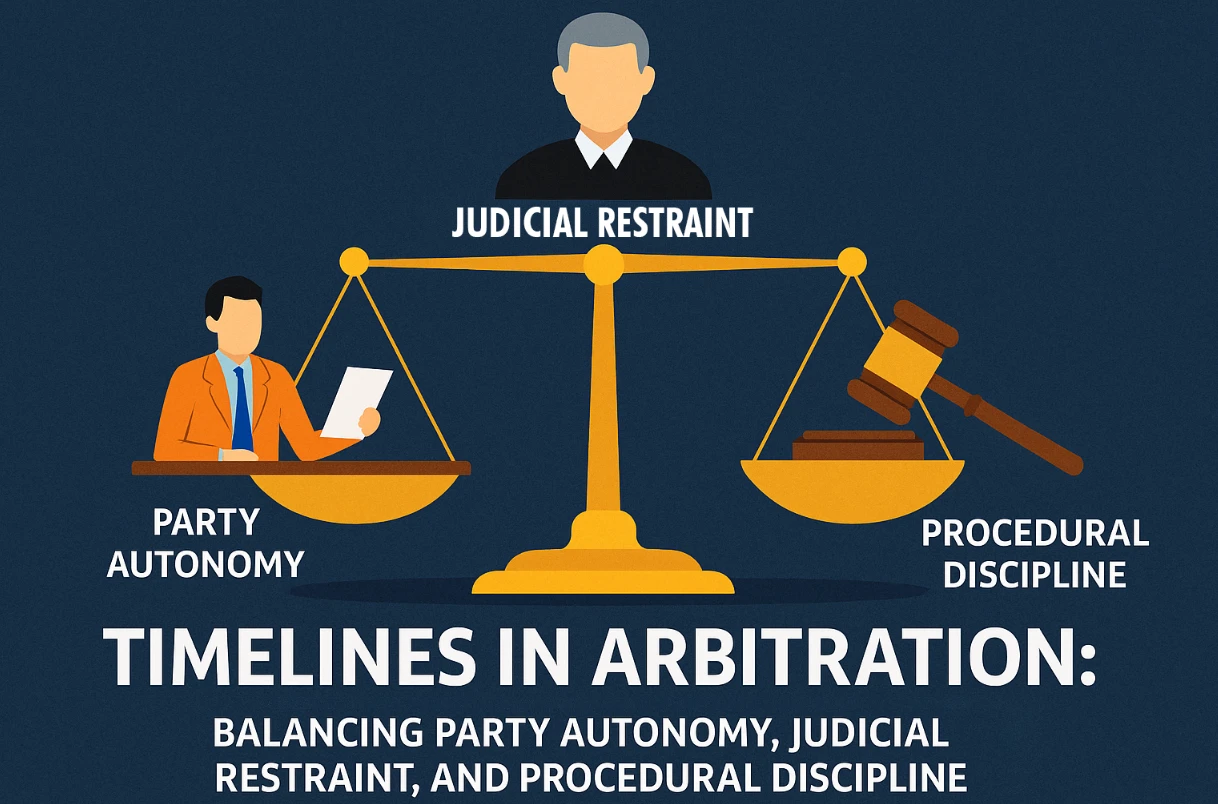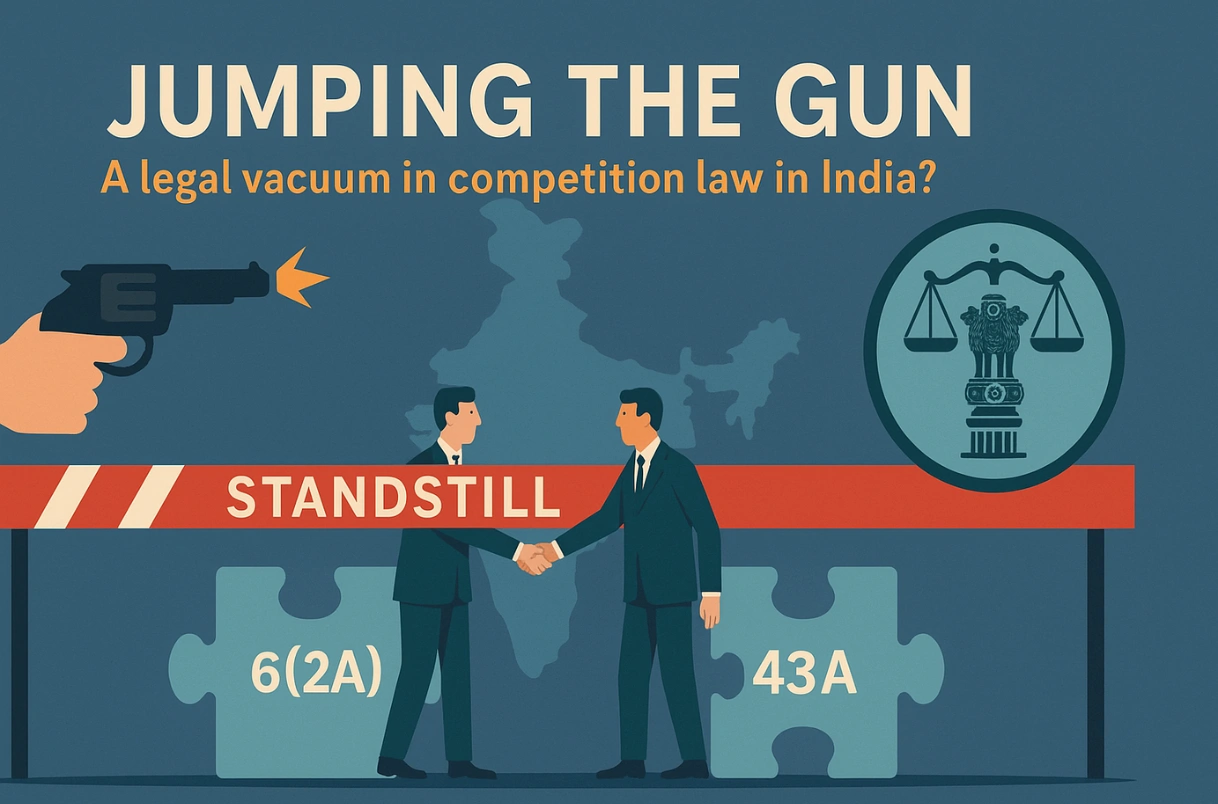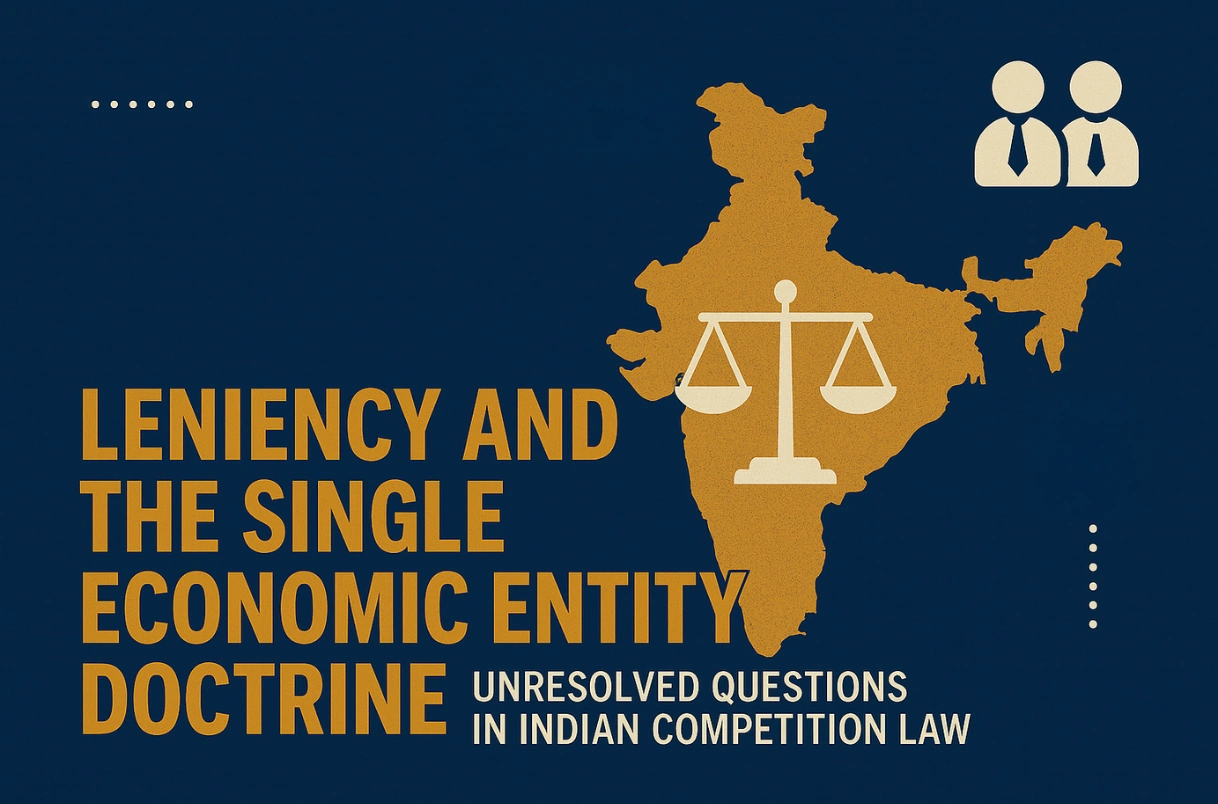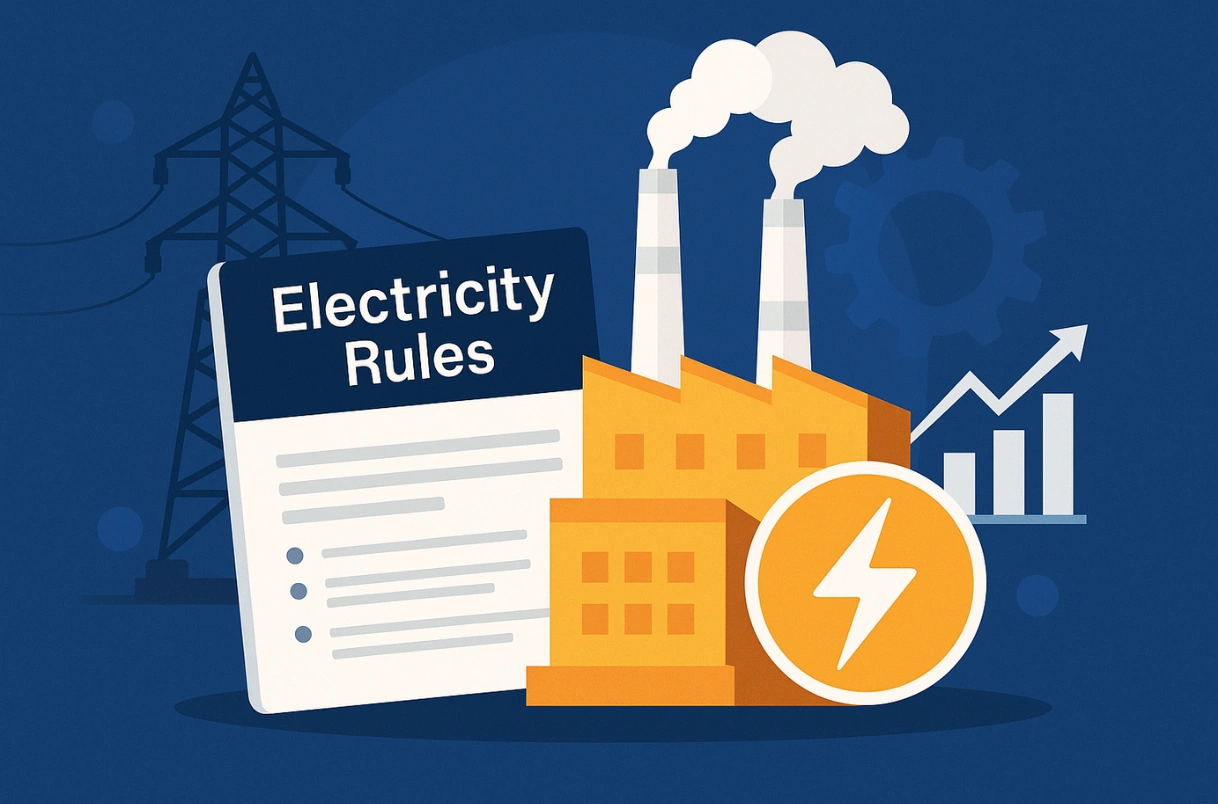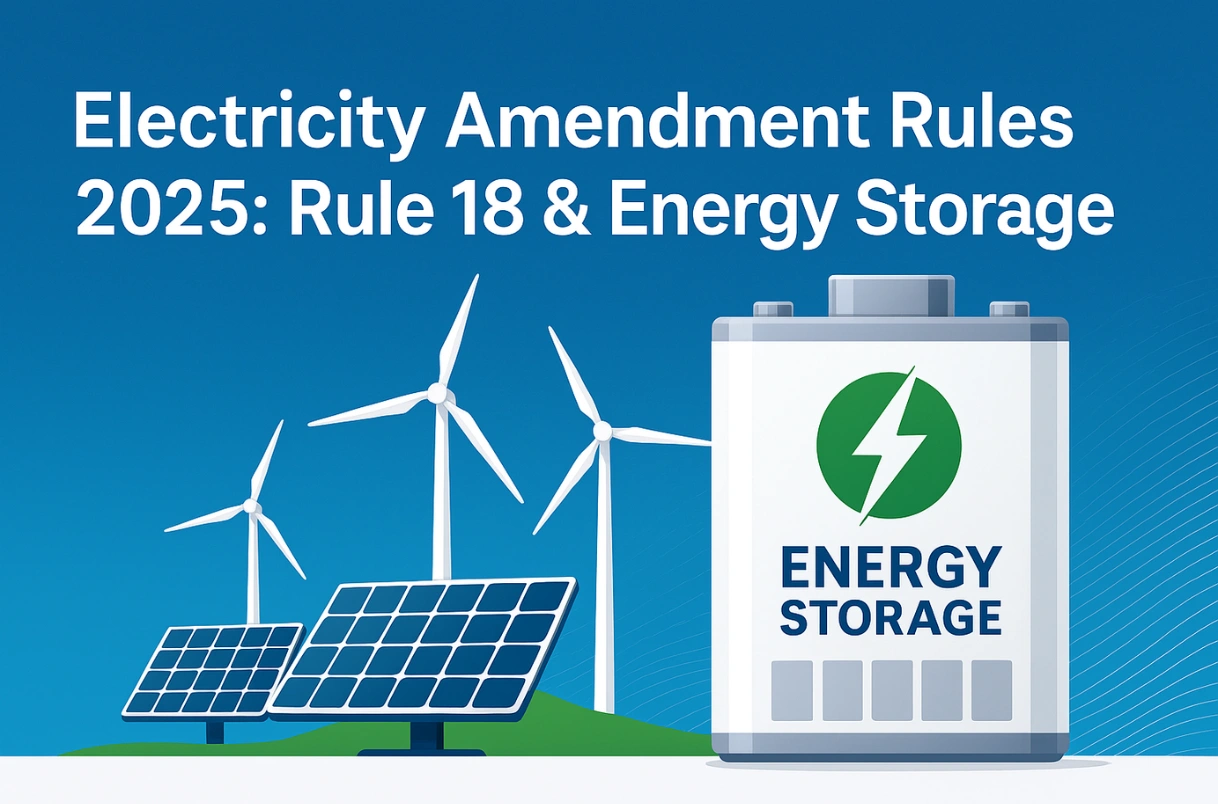READ OUR INSIGHTFUL ARTICLES
National Policy on biofuels / EBP programme – Striking a balance between consumer rights and Public Policy
India’s National Policy on Biofuels and the E20 programme aim to reduce crude-oil imports and expand cleaner fuels, but concerns remain on crop patterns, water use, vehicle compatibility, and consumer rights. This piece examines the benefits, criticisms, and the need for a more balanced rollout.
Government Notifies DPDP Rules and Establishes the Data Protection Board
The DPDP Rules, 2025 activate India’s new data-protection framework with clear notice-and-consent requirements, strict breach reporting, structured security obligations, and a phased compliance timeline. The Rules establish the Data Protection Board and introduce detailed duties for Data Fiduciaries and Significant Data Fiduciaries.
Intermediaries in Spotlight: Understanding Rule 3(1)(D)
The 2025 amendment to Rule 3(1)(d) of the IT Rules strengthens India’s digital governance framework by embedding higher-level authorisation, reasoned decision-making, and monthly review of takedown orders reinforcing transparency, accountability, and procedural fairness while maintaining the delicate balance between regulation and digital freedom.
Overview and Analysis of CERC’s Proposed Framework on Buyout Price for RCO Compliance
CERC has proposed a Buyout Price mechanism as an alternate route under the Renewable Consumption Obligation framework, allowing entities to pay a fixed amount when renewable power or RECs are unavailable while ensuring direct renewable procurement remains the preferred and primary compliance method.
Timelines in Arbitration: Balancing Party Autonomy, Judicial Restraint, and Procedural Discipline
The Delhi High Court’s ruling in Aneja Constructions v. Doosan Power Systems highlights the tension between party autonomy and procedural flexibility in arbitration. The article examines how judicial restraint, institutional timelines, and procedural discipline must align to preserve efficiency and fairness in arbitral proceedings.
TORT OF ALIENATION OF AFFECTION
The Delhi High Court’s decision in Shelly Mahajan v. Bhanushree Bahl revives the old common-law tort of alienation of affection, allowing civil claims for wrongful interference in marriage. It marks a rare intersection between personal autonomy and legal protection of marital companionship in India.
Jumping the Gun: A legal vacuum in the competition law in India?
The article analyses India’s regulatory approach to Gun Jumping under the Competition Act, 2002 – examining gaps in defining trigger events and standstill obligations, contrasting them with structured EU and Brazilian frameworks, and proposing clearer compliance standards to balance merger control enforcement with business certainty.
Leniency and the Single Economic Entity Doctrine: Unresolved Questions in Indian Competition Law
The article analyses how India’s leniency regime under Section 46 of the Competition Act, 2002 intersects with the Single Economic Entity doctrine, examining whether leniency benefits should extend to parent–subsidiary groups, drawing lessons from EU practice and highlighting inconsistencies in the CCI’s current approach.
Proposed Amendments to Captive Generation Criteria under Electricity Rules
The Draft Electricity (Amendment) Rules, 2025 propose key changes to Rule 3 on captive generation, redefining ownership, collective consumption criteria for group captive users, and allowing indirect ownership through holding and subsidiary companies, reshaping how captive power eligibility is determined in India.
Electricity Amendment Rules 2025: Rule 18 & Energy Storage
The Electricity Amendment Rules 2025 recast Rule 18 on Energy Storage Systems, expanding ownership to consumers, legitimising storage-as-a-service, and reinforcing grid stability. This marks a shift in India’s renewable energy storage policy, embedding consumer-driven and de-licensed storage into mainstream electricity regulation.
